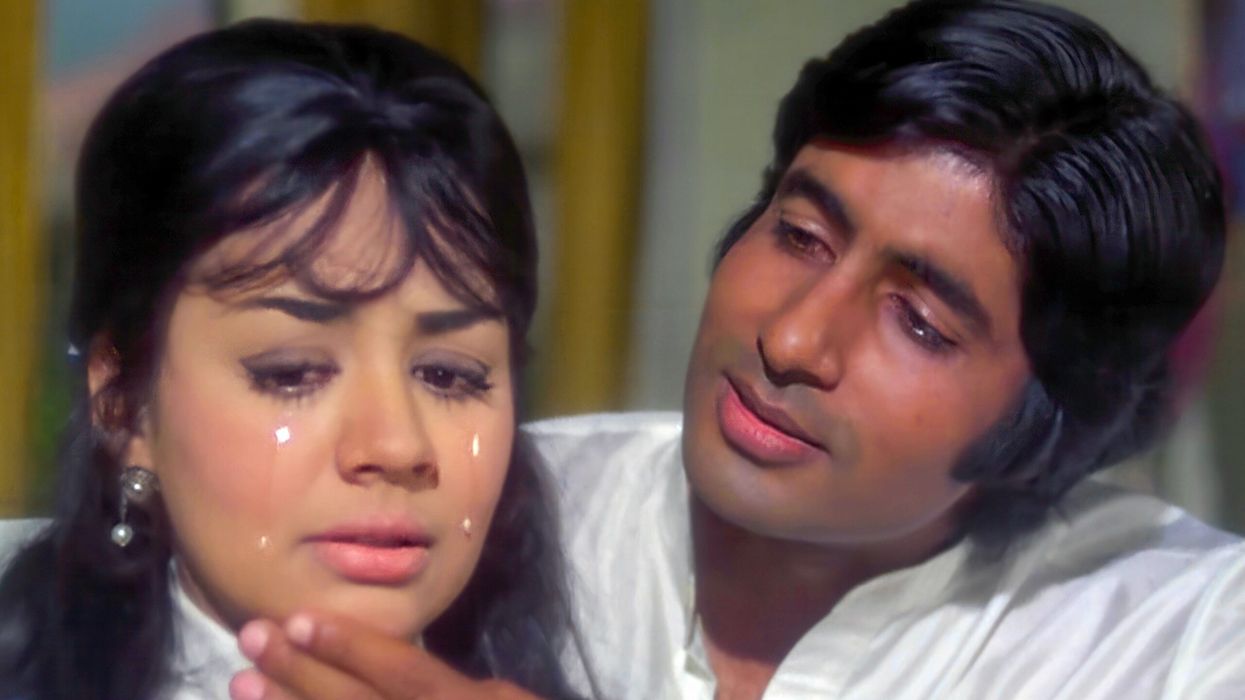BRITISH arts organisation the Jaivant Patel Company has consistently broken new ground with dance productions that combine eye-catching performances with thought provoking narratives.
One of the UK’s leading voices in the south Asian LGBTQIA+ space commences a tour of their new production Waltzing The Blue Gods, at Arena Theatre in Wolverhampton next Friday (27).
Dancer/choreographer Jaivant Patel has reimagined the queer symbolism of the Hindu gods, Shiva and Krishna, and the role they played in his sexual awakening and spiritual relationship to faith, to becoming an openly homosexual British Indian man.
The Kathak double-bill adds to his dynamic dance journey, which he discussed with Eastern Eye. He also spoke about his latest production, inspirations, and dance hero.
What would you say first connected you to dance?
I think when you grow up in an Indian household, dance and music are something you connect with from the very beginning. However, if I really think about my first conscious connection to dance, then it would be with Garba (a folk dance from Gujarat) during the Navratri festival.
How do you reflect on your journey as a dancer and a choreographer?
I’m about contributing to meaningful change in a sector that deconstructs socially constructed viewpoints on south Asian and queer-led work. I want to create space for dialogue for deepening the understanding and commitment to authentic work led by south Asian and/or queer artists that are important for representations, and is reflective of the diverse communities present in the UK.
Tell us about your latest production?
Waltzing The Blue Gods is a Kathak production that reimagines worlds and spaces, which is a thread through most of Jaivant Patel Company’s work. This concept of reimagined worlds is connected to Indian mythology and iconography within its many faiths/spiritual schools of theology. It celebrates alternate narratives that encourage audiences to consider what does it look like when a homosexual British Indian man speaks his truth upon entering a traditional faith/ spiritual space? What happens when he speaks the same truth in the faith/spiritual space we imagine he creates for himself?
How does this compare to other dance pieces you have produced?
Waltzing The Blue Gods features live music with a company of four male musicians. Traditionally, Kathak productions using live musicians usually don’t perform in the equal space as the dance artist. In this production, the musicians are performers as well.
Is it fair to say this is one of the most personal pieces that you have produced?
I would say all the pieces created under the Jaivant Patel Company brand have been personal to me. Each has required something of my personal history for it to be realised artistically. I am still growing as a dance-maker and have so much more to say that is influenced by my personal lived experience as a proud British Indian homosexual man.
What inspired the interesting Waltzing The Blue Gods title?
Many things including the idea that a waltz is a ballroom dance performed traditionally in a ‘closed position’ by a cis gendered man and woman. This western ‘closed position’, my challenging of societal heteronormative gender roles and exploring queerness through Indian mythology’s blue gods, is reflective of my challenging for alternate spaces more illustrative of the modern world.
What is your own favourite moment from the show?
The beginning of the production is probably my most favourite moment, where the audience is introduced to my musical history growing up and intersections with which I identify as a British Indian.

What do you reckon is the key message of this dance show?
Waltzing The Blue Gods is contributing towards dismantling heteronormative social constructs of gender that, for the south Asian diaspora, are rooted essentially in unconscious biases, which are a legacy of colonised mindsets.
Tell us more about that?
Pre-colonial India and its subcontinent have a rich history of celebrating the LGBTQIA+ community that acknowledges its existence with respect and acceptance. These have since been erased, which have led to stigma towards the LGBTQIA+ community. For example, Section 377, India’s legal penal code criminalising homosexuality which was a legacy of British rule, was not decriminalised until 2018.
What inspires you as a dancer?
In Kathak I am primarily interested in the aspect of ‘abhinaya’ or expressionistic style that is key in portraying storytelling. Kathak itself refers to mean story or storyteller. I am also interested in the improvisational aspects of Kathak that allow ‘play’ with existing structures that allow a great freedom to the artist to ‘be’ in the moment and explore alternate ‘possibilities’ in the performance space. I aim to make any work multilayered so that audiences always have an access point regardless of their experience or knowledge of south Asian and contemporary arts.
Who is your own dance hero?
I have many dance heroes. The one I have been inspired by the most would probably have to be Jerome Robbins and his work on the musical film West Side Story. The choreography nuances were hugely led by the narrative and just as emotive as the music that it was performed alongside.
Why should we attend your new show?
Firstly, no doubt the title and subject matter of the work will stir opinions around the morality of LGBTQ+ lives and existence. I would encourage anyone questioning this, to attend and challenge their own biases to engage with the dialogue being presented in constructive ways. Secondly, for all queer allies to support the amplification and representation of south Asian LGBTQIA+ bodies, so that other authentic British south Asian queer work is made.
Waltzing The Blue Gods at Arena Theatre in Wolverhampton, next Friday (27) and Saturday (28), Birmingham Repertory Theatre November 10-11 and The Place in London, April 16, 2024






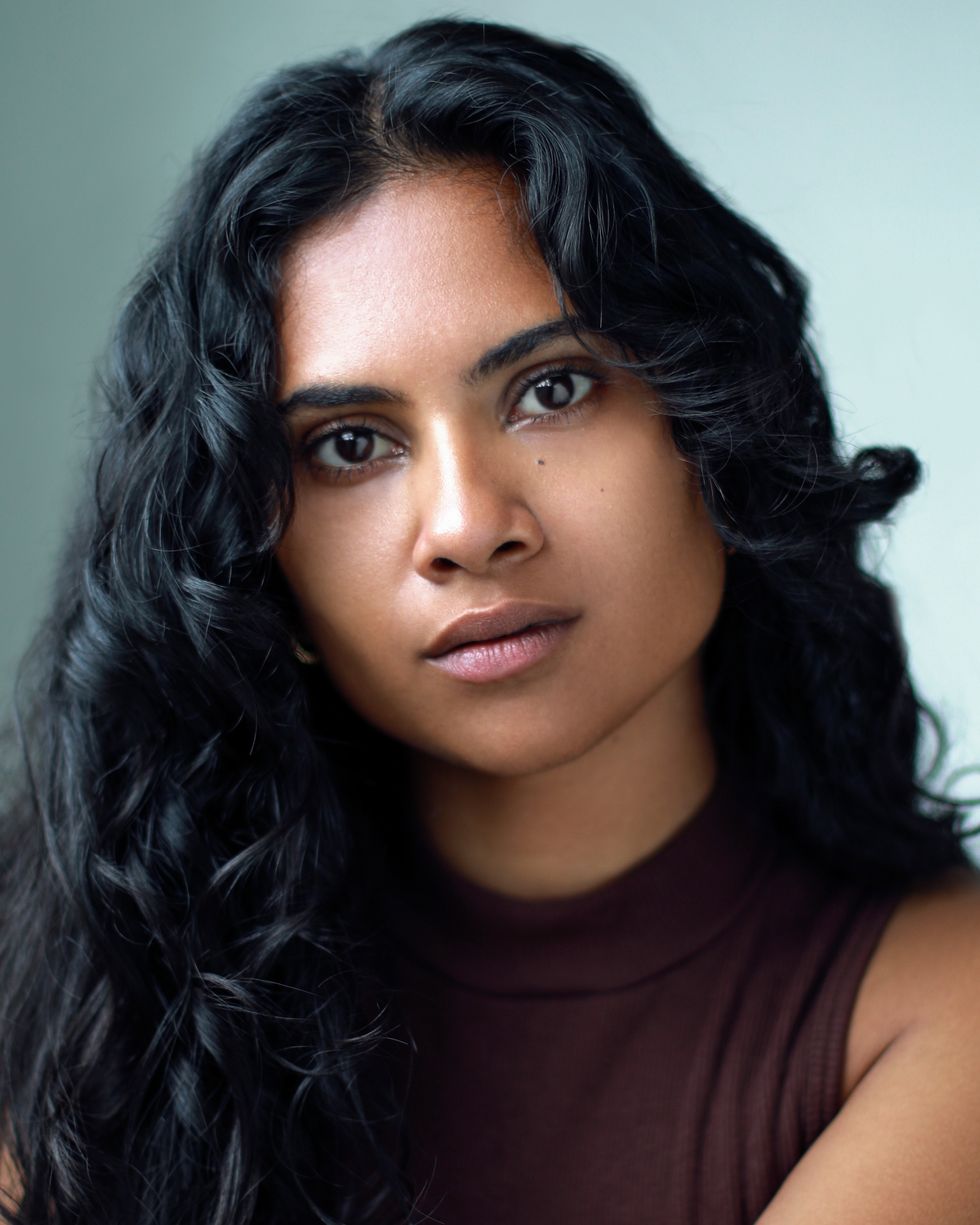 Neetika Knight
www.easterneye.biz
Neetika Knight
www.easterneye.biz











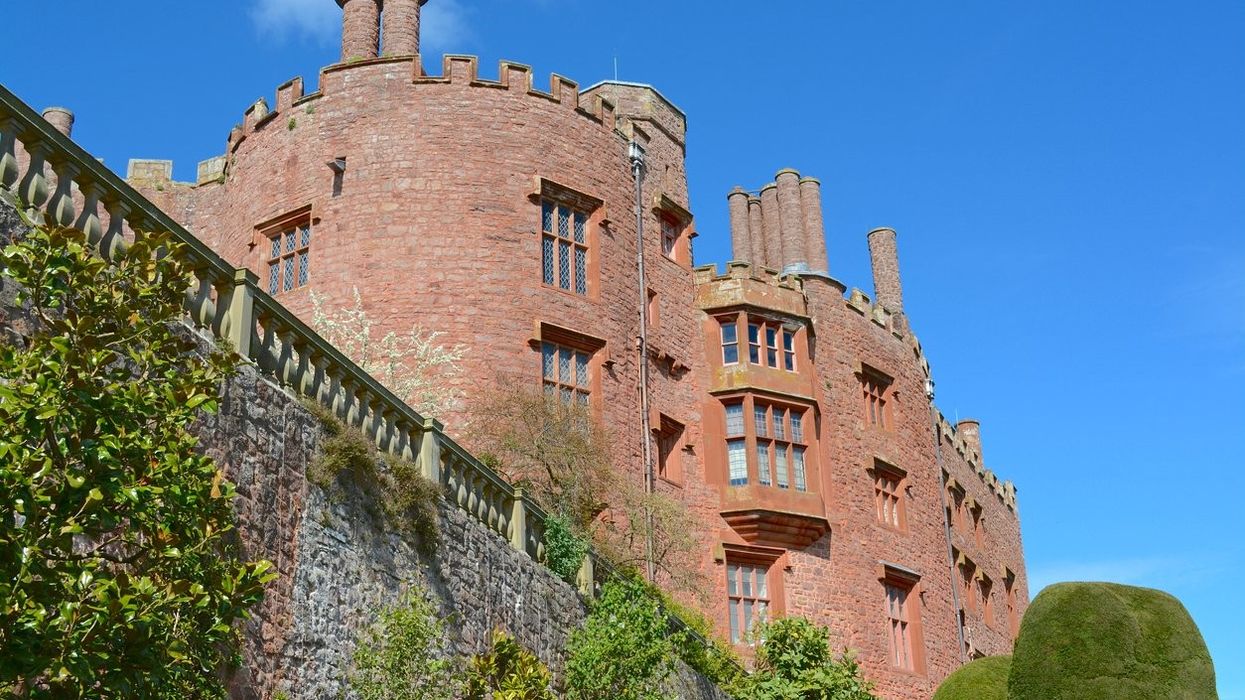
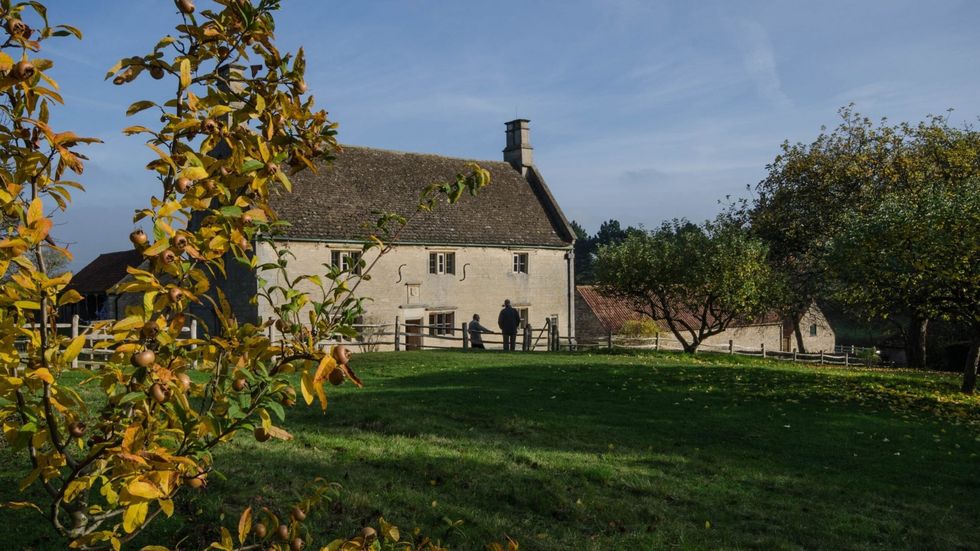 Isaac Newton’s birthplace, WoolsthorpeManor, Lincolnshire
Isaac Newton’s birthplace, WoolsthorpeManor, Lincolnshire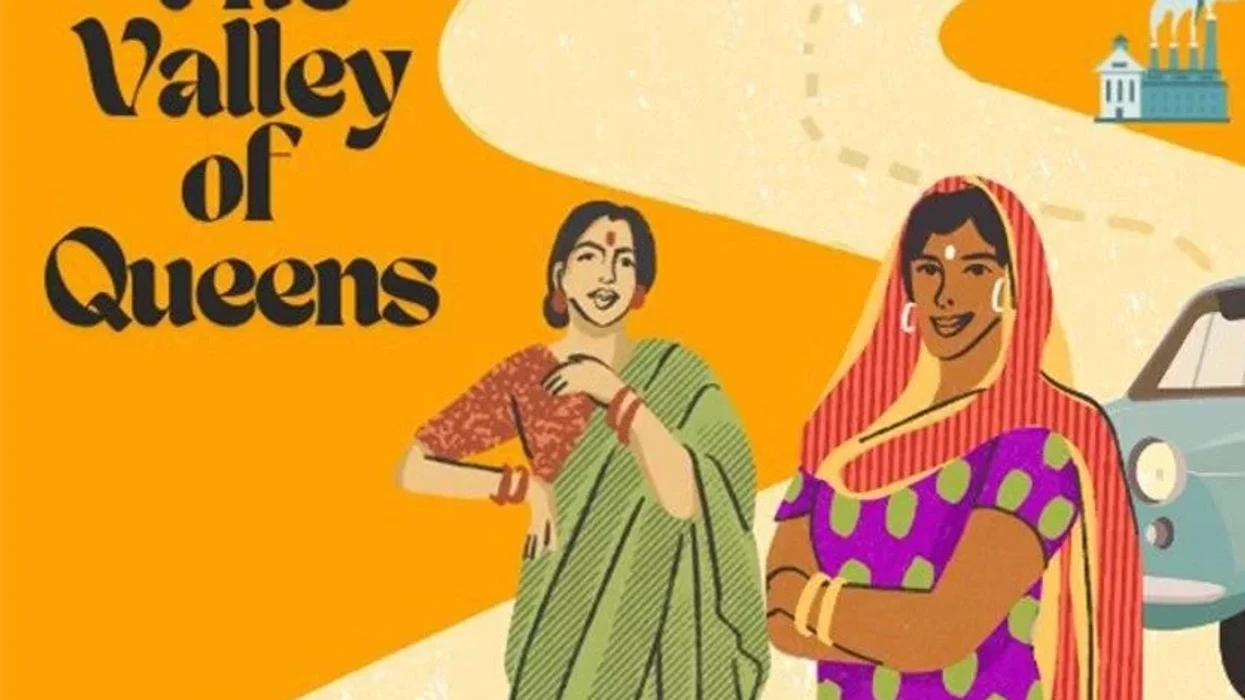
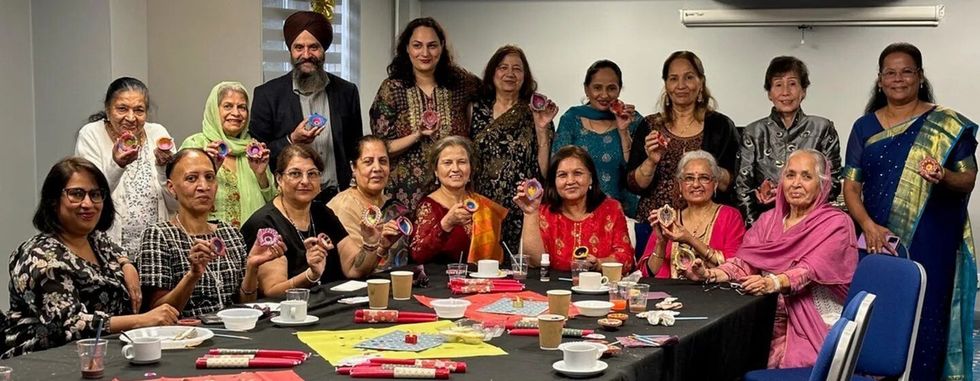 Women from the Happy Hour Project engaged in creative workshops
Women from the Happy Hour Project engaged in creative workshops